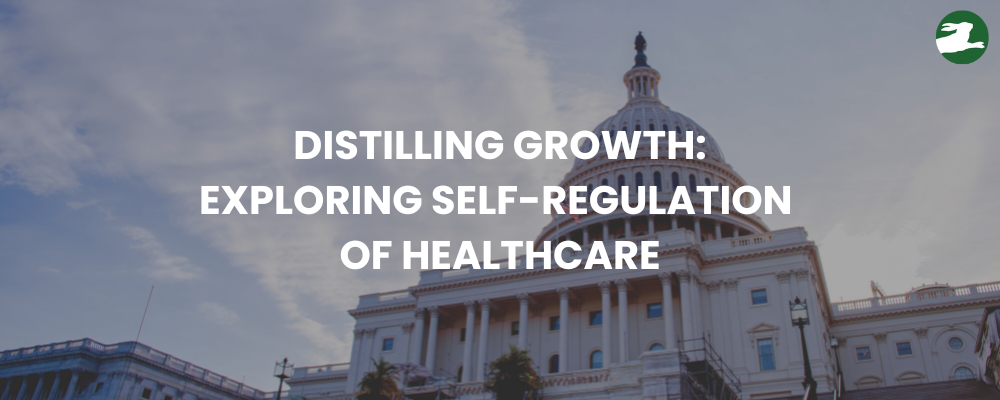Exploring Self-Regulation of Healthcare

Exploring Self-Regulation of Healthcare
We live in chaotic and confusing times. With a diverse range of backgrounds, experiences, and perspectives, the strength of America lies in its diversity. However, this also poses a challenge when it comes to discussing highly emotional healthcare topics. There is no agreed-upon set of values or guiding principles that we can all adhere to.
In today’s chaotic and diverse healthcare landscape, it can be challenging to discuss highly emotional healthcare topics. Human-Centered Health aims to address complex and important healthcare issues while maintaining a consistent framework for readers. As we work towards a more human-centered healthcare system, we will need to redesign and reimagine the industry.
AI and related tools show promise in alleviating the workforce shortage in healthcare over the next few years. This will help rebalance workloads and return caregivers to valuable hands-on patient care. Our healthcare system is moving towards an integrated healthcare market, which will deliver the best outcomes for human patients and caregivers. Through this process, our healthcare system will converge into an integrated healthcare market, leaving behind the old roles of provider and payor and instead organizing to deliver the best outcomes for human patients and human caregivers.
Since World War II, healthcare in the US has been a mix of non-profit, for-profit, and government services. Americans believe in the power of the free market and competition to drive efficient resource allocation. A three-part system of healthcare providers, payors, and government regulators was created to foster competition and efficiency in healthcare. In contrast, other countries manage health systems as public services by the government.
At HCH, we believe in the power of checks and balances to create effective and fair outcomes for society. Individuals and society as a whole benefit from healthcare providers given wide latitude but held accountable by payors. The Affordable Care Act of 2010 extended government subsidies for insurance to low-income people and required every American to purchase health insurance.
Although well-intentioned, this legislation had unintended consequences. By limiting the profitability of insurance companies, the US Government inadvertently removed the check on providers, creating an incentive structure in which both insurance companies and healthcare providers benefit from higher medical bills and costs. The old balance of power between Providers and Payors no longer works. Going forward, we will either move towards a more government-controlled utility-type model or find new effective ways to self-regulate. We believe self-regulation will be the best path towards fair regulation and high-quality healthcare.
Although self-regulation will be complicated, it is inherently better than the alternative of the US government running all of healthcare. Now is the time to begin holding discussions to redesign and reimagine the healthcare industry in the post-pandemic environment. We suggest starting with the values we want our healthcare system to deliver. Once we have broad agreement on the value system, then we can turn towards creating policies and regulations to improve healthcare for everyone.
Here is the 1st attempt at a simple set of values to guide us:
- Health is a human right
- Health must be supported sustainably and affordably
- Innovation is critical to achieving these ideals
- Both For-profit and Non-profit healthcare delivery models encouraged
- For-profit businesses contribute to the overall health of society by offering a free service equal to 10% of the value of their most expensive offering
We don’t pretend to have all the self-regulation answers today. It is clear that many voices and perspectives will be needed to find the best way to align incentives and create a fair and effective system. With this initial set of values, we hope to start a conversation about what we want our healthcare system to deliver and how we can work together to achieve it. This is just the beginning of a continued discussion and evolution towards a better healthcare future.
